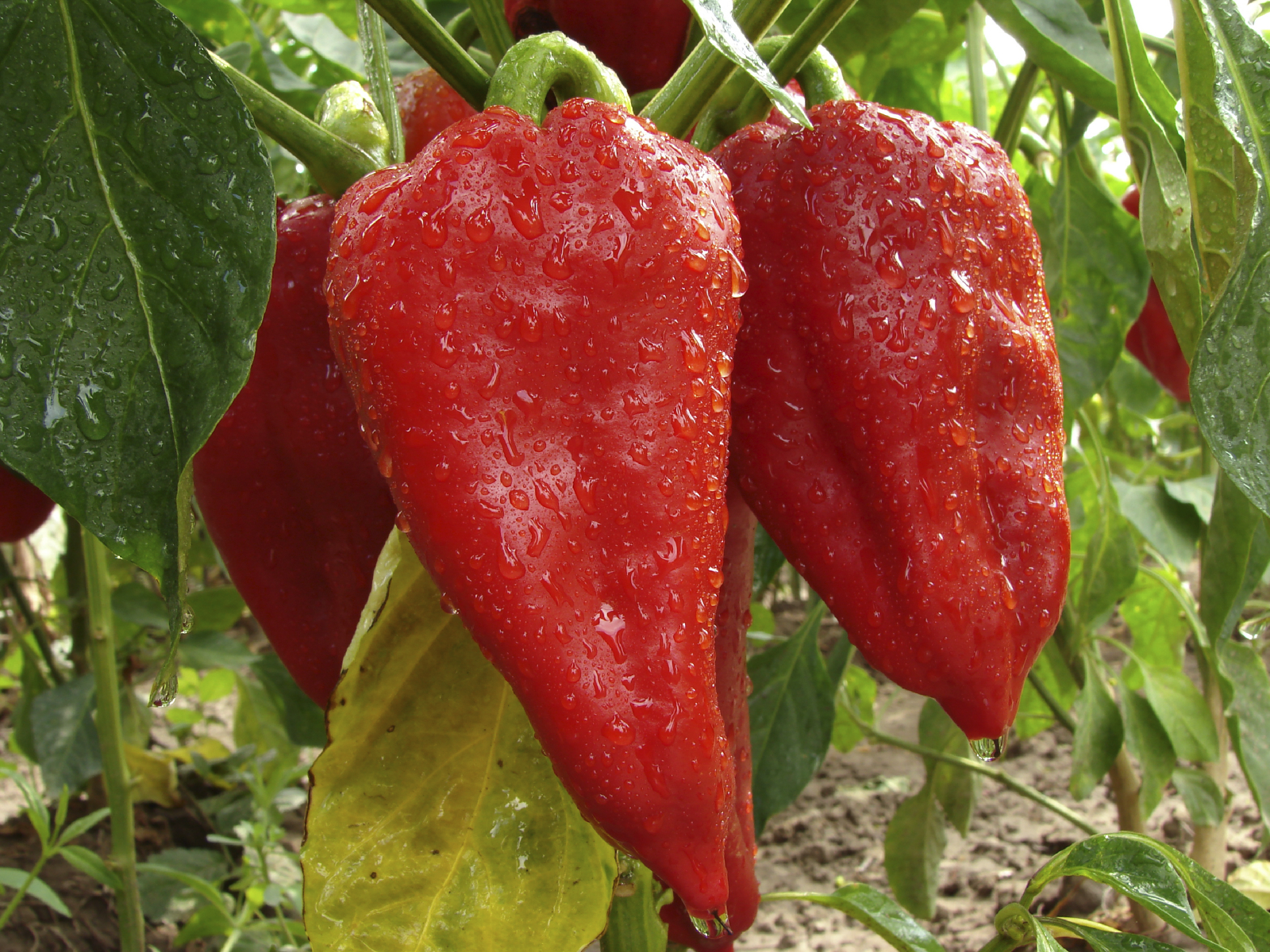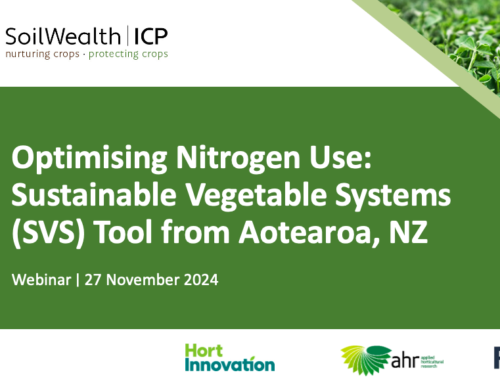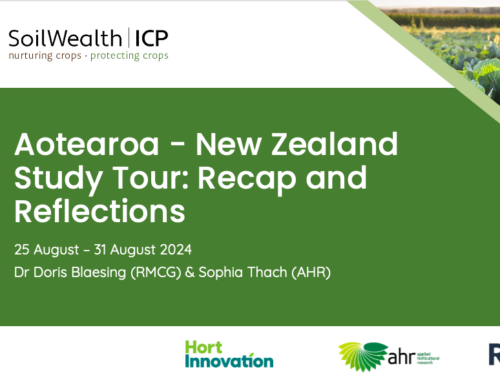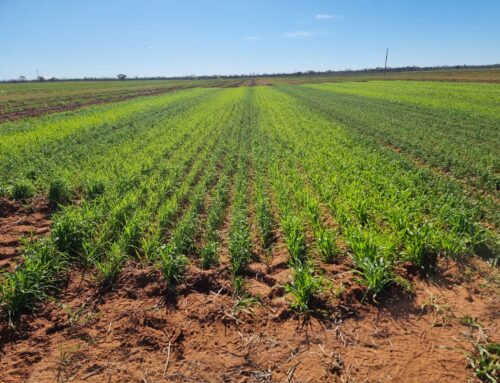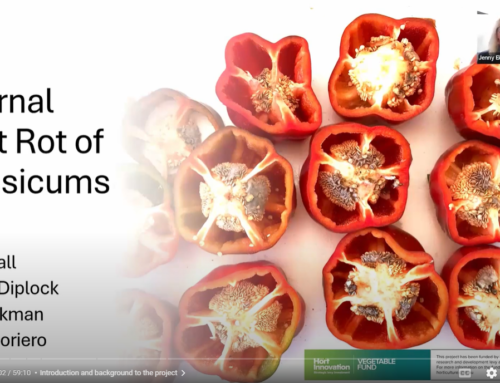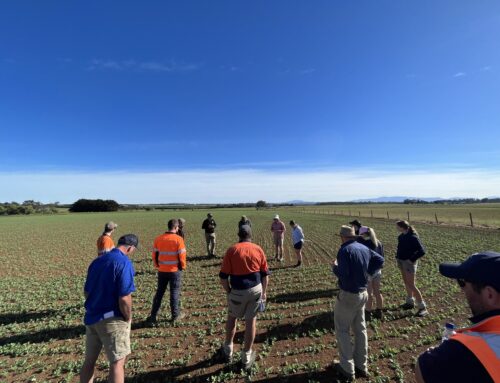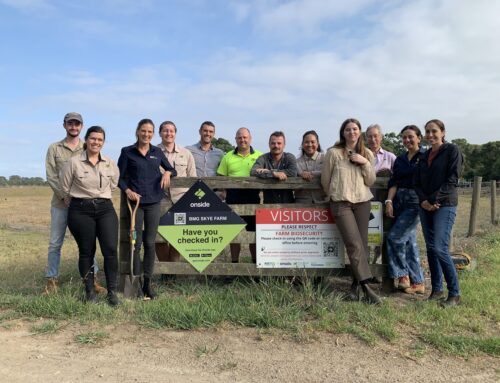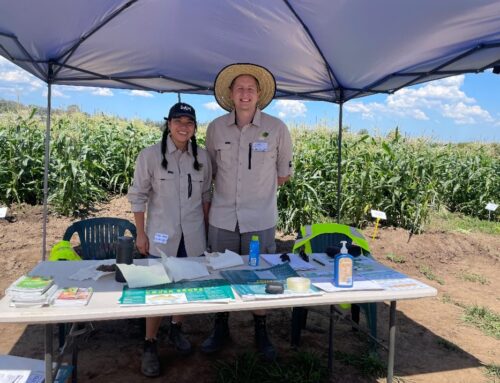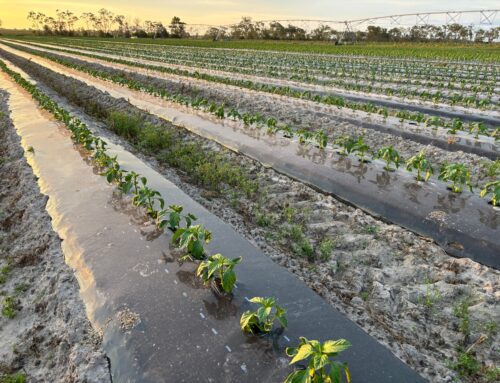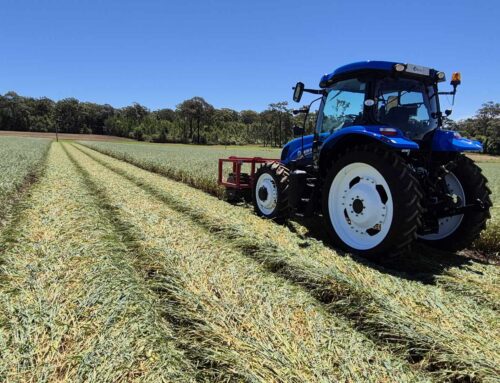Bundaberg, in Queensland’s Wide Bay-Burnett, is one of the main outdoor capsicum growing regions in Australia.
With high input costs significantly impacting profit margins, growers are interested in exploring solutions to improve efficiencies in input use, particularly focusing on irrigation and nutrition.
This fertile region, which is also renowned for macadamia and tomato production, lies adjacent to the southern edge of the Great Barrier Reef, adding an extra layer of incentive to ensure nutrient and water inputs are applied efficiently.
Trial objectives
The Soil Wealth ICP project has established a demonstration site in Bundaberg with a primary aim to measure and assess the host grower’s current irrigation and nutrition practices in a capsicum crop under drip irrigation on sandy soils. The collected data will guide decision-making and inform trials, which will test the impact of any management practice changes on water and nutrient use efficiency, input costs, environmental sustainability, and crop yield and quality.
Irrigation trials will assess whether water is being over- or under-applied and the depth of water infiltration during irrigation. Studies will also identify any excessive water runoff during irrigation events and whether irrigation can be better matched to crop demand.
Nutrition trials will evaluate the grower’s current nutrition program, investigate if nutrients are being lost in water runoff, and implement a nutrient budget to align nutrient application with crop demand.
Approach
Soil moisture will be continuously monitored throughout the crop cycle with the installation of three 80cm probes at planting. The moisture probe data, together with data downloaded from the local weather station, will be analysed to determine if water is being over- or under-applied.
Nutrition management involves conducting soil tests before and after planting and monitoring crop nutrition through strategic tissue and sap tests. A nutrient budget will be developed to align nutrient application with crop demand, focusing on the right rate, time, source/product and place.
Crop health and yield will be monitored by observing fruit quality and the presence of pests and diseases. Linkages between irrigation and nutrition changes and overall crop performance will be identified, and yield and quality data collected at harvest to evaluate the effectiveness of the improved practices.
Soil Wealth ICP team member Dr Naomi Diplock (AHR) is from the region and understands the complexity of growing in these sub-tropical conditions.
“Water security is increasingly becoming a critical issue. By better matching irrigation and nutrition to crop needs, reducing leaching, and maintaining or improving yields, we can achieve significant economic and environmental benefits,” Naomi said.
“This approach enables growers to secure a more sustainable and profitable future.”
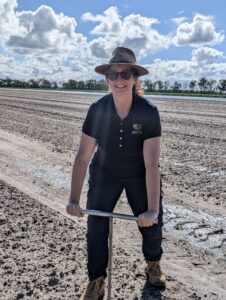
Dr Naomi Diplock getting started with the preliminary soil samples.

